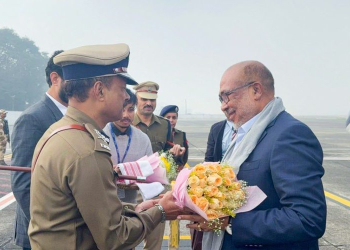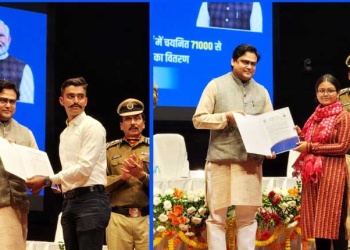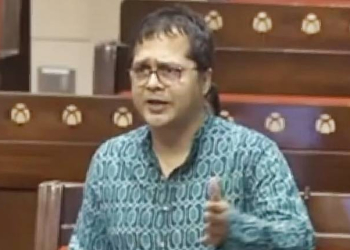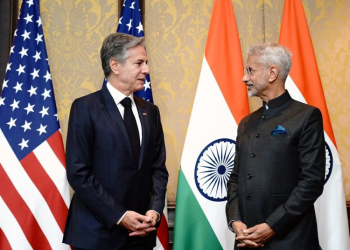Chennai: The Madurai Bench of the Madras High Court observed that the principles of Citizenship Amendment Act (CAA) 2019 could be applied to the Sri Lankan Hindu Tamils.
Justice G.R. Swaminathan observed that the Hindu Tamils of Sri Lanka were the prime victims of racism.
The judge made the observation while hearing a petition filed by S. Abhirami, a Sri Lankan Tamil refugee from Tiruchi. Abhirami was seeking Indian citizenship.
The judge while hearing the petition observed, “She has never been a Sri Lankan citizen and therefore the question of renouncing the same does not arise.”
Justice Swaminathan also observed that if the request of Abhirami was not granted, the possibility of her becoming stateless was high and that it should be avoided.
While referring to the recent amendment made in the Citizenship Act, the judge said, “Though Sri Lanka does not fall within the said amendment, the same principle is equally applicable.”
He also said, “One can take judicial notice of the fact that the Hindu Tamils of Sri Lanka were the primary victims of the racial strife.”
In her petition, Abirami said that she was born in December 1993 in Tiruchy and that her parents were not illegal immigrants. Her parents had come to India during the ethnic conflict and her father had extended his visa till June 2022.
The woman said that she and her mother had registered as non-camp Sri Lankan refugees with the local police and said that she was not able to get Indian citizenship and an Indian passport even though she had PAN and Aadhaar.
The Ministry of Home Affairs, Government of India had clarified that the guidelines of the Standard Operating Procedure issued by the Centre would take care of the migrants from Sri Lanka and Myanmar.
The Citizenship Amendment Act had granted a chance to secure Indian Citizenship to the persecuted minorities from Pakistan, Bangladesh and Afghanistan.
(IANS)





















